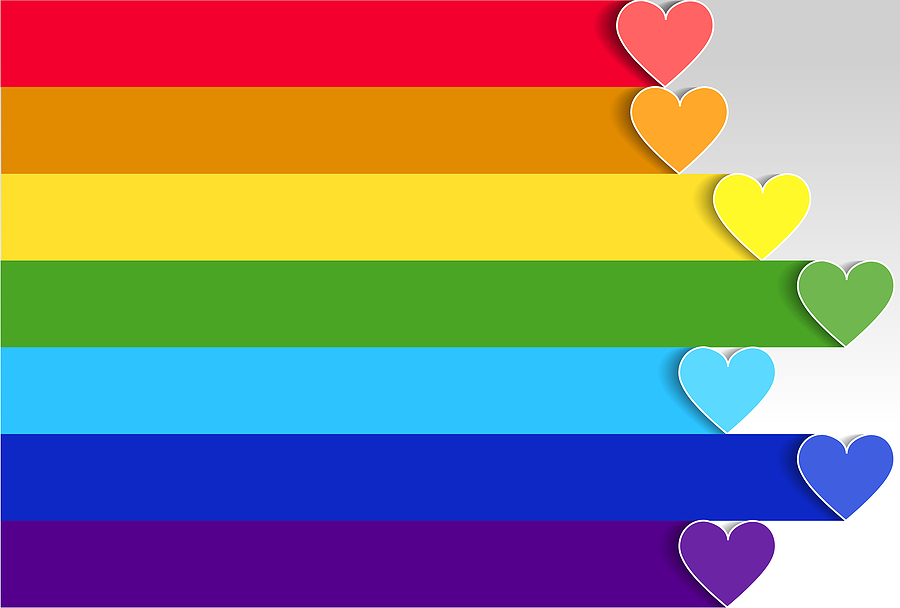It’s significant to consider to what extent compromised online privacy can affect marginalized groups like the LGBTQ+ community.
Ideally, data privacy grants one the power and freedom to determine the kind of data that others can access when such data can be accessed and who should view it.
LGBTQ people, for instance, who choose whom to share their sexual orientation with – privacy is a no-brainer. There’s no denying that a single data breach exposing one’s sexual lifestyle can have severe effects that might include loss of employment, friendships, family relations, and even potential physical harm as well as death.
Therefore, it’s easy to say that the LGBTQ+ community has more to protect regarding their safety and privacy than even those that aren’t. To ensure that the LGBTQ+ community also expresses themselves freely and share life experience in personal terms, there are several ways to protect their privacy.
How to Control Privacy
The major hurdle for this kind of folks is coming out – to safely come out and find a community that you can trust to connect with is not a walk in the park.
Sometimes, one can face the worst harassment just for being queer. A stranger will tell you how you’re broken, and even others admonish you for dragging the rest down to hell with your “lifestyle.”
So, how do you stay anonymous online and avoid such confrontations?
- Perhaps, it should start with using custom privacy settings. Whenever discussing sensitive topics on social media, you should ensure that custom settings are enabled.
- Also, you can use separate accounts to interact with various groups online than the one that you usually use. That way, it makes it less likely that you’ll share a post that might “out” you on accounts with aggressive followers.
- As much as possible, try not to share posts that will indicate your location, age, schedule, or any other personal details.
- Moreover, some social platforms, such as Facebook, have features that give you the freedom to prevent individual groups from viewing certain posts. Therefore, you need to use such features liberally. It’s one easier way to determine the group that can get exposed to certain aspects of you.
- If possible, you don’t have to make the avatar image that of yourself. For instance, you can try something different like a pet, a meme, or even your favorite team logo. It’s a tactic that will make it difficult to pinpoint out who you really are.
- Sometimes, you might not post anything about yourself, but if you post information about your friends, it’s easier for someone to relate who you are to your friends. Therefore, try as much not to post anything that might offer information about your friends.
- Your usernames should be parallel with your actual name (either chosen or assigned). That way, it becomes difficult for anyone to track you down.
- In case you decide to meet with your online friends offline, ensure that your meeting place is public so that both of you can travel.
Besides, you might want to connect via pseudonymous sites, such as Discord or Reddit. Also, before you download social media apps, ensure that you read their policy policies and understand them. The reason being, some platforms will require you to provide your photo album, location as well as other information. However, you can alter app permissions to your comfort levels.
Encryption is another thing that you must never let go of – when chatting sensitive information that you must share, then use end-to-end encryption, or simply use the best VPN. A VPN will help you hide your internet traffic even from your ISP.
Moreover, using a VPN ensures that you only get LGBTQ+ content that is censored, meaning it’s frequent.
Packed Dating Apps
LGBTQ+ dating apps are where most of this community have made home. Unfortunately, they’re a safety as well as an online security risk – in fact, they’re almost the least private services that you can think of.
Mostly, you sign up for those apps with your social media account and will track your location. Moreover, some countries have criminalized things like homosexuality; therefore, having an LGBTQ dating app with all your information simply invites an arrest.
Privacy of Others Matters
One thing is for sure; cyberbullying is merely a universal experience; however, the privacy of others matters, and one is supposed to use discretion when dealing with the private information of others. Sometimes, that photo about your friend that you want to post, they might not like it published as it might reveal their location or even identity.
Nevertheless, it’s a world era that requires everyone to respect another. If you experience abuse or harassment, it’s a good idea to block such an offender and make it known to the authorities.
Image Source: BigStockPhoto.com (Licensed)
Related Categories: Lifestyle, Reviews








